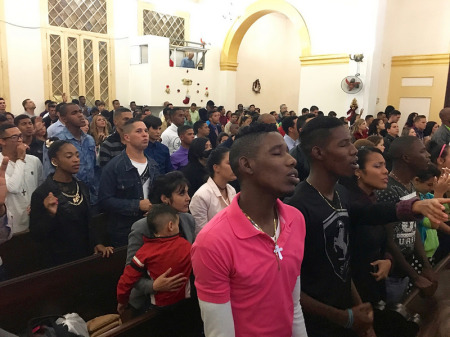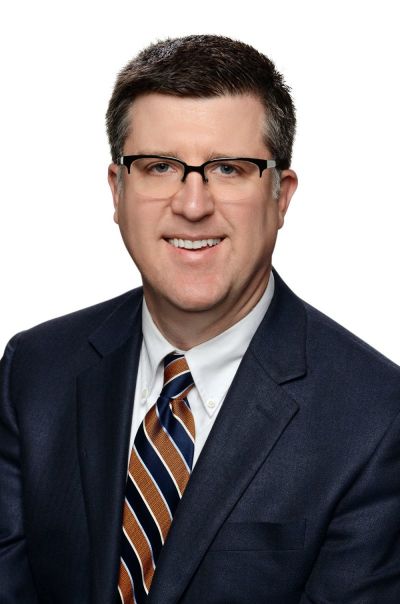God Is on the Move in Cuba, But Trump Isn't Helping

God is pouring out the Holy Spirit on Cuba. Just as in many parts of the Global South today, there is a powerful awakening of Christian faith taking place in Cuba. I have seen it with my own eyes.
In fact, I have developed close friendships with pastors there. I host them in my home when they come to the United States. I have preached in Cuban churches, helped them develop U.S. partnerships, and helped to raise money for food, buildings, and clothing. All of that is about to become more difficult if President Trump, the favorite of so many evangelical Christians, reverses the modest changes that the Obama administration made to our national policies on Cuba.

My work in Cuba has been with the Cuban Methodist Church. Unlike The United Methodist Church in the U.S., Cuban Methodism is an evangelical, charismatic powerhouse that is packing churches and leading large numbers of people to Christ.
While The United Methodist Church in the U.S. is declining ever more rapidly despite hundreds of millions of dollars in assets, Cuban Methodists are enthusiastically pursuing and fulfilling the Great Commission with very little in the way of financial resources. On average, a Methodist pastor in Cuba makes $15 per month. The bishop of Cuba makes $30 per month. And no, these salaries are not offset by a lower cost of living. In some ways the cost of living is lower, and in some ways it is not. Life in Cuba is a struggle. The people are poor, and our President is about to make them poorer.
For over fifty years, the U.S. has attempted to place financial pressure on Cuba through our embargo on both imports and exports. We have attempted to force the Cuban government to change its policies by slow, economic strangulation. It hasn't worked.
While Fidel Castro is no longer alive, his brother Raul, one of the original revolutionaries, still holds power. Cuban policy has not changed. In fact, the embargo has become a propaganda tool used by the government to solidify pro-communist, anti-U.S. sentiment. Cubans do not call our trade and travel restrictions an embargo. They refer to them as the "blockade," and the effect of these restrictions on the ability of everyday people in Cuba to acquire food, medicine, and other essentials has been devastating.
As you drive into Havana from the airport, there is a billboard beside the road with a picture of a noose on it. The sign reads, "The blockade: the longest genocide in human history." We would not call the Cuban embargo a genocide, but for many Cubans, the message of the sign resonates deeply.
Once while in Cuba I was working with a good friend whose name is Guillermo. He came down with a fever and went to the hospital. He was diagnosed with a kidney infection. In the U.S., this would be an easily treatable condition. In Cuba, not so much. They had no antibiotics to give him, they said. Then they sent him on his way.
By God's grace, one of our team members had brought antibiotics with him. I remember looking at Guillermo, his face covered with sweat, as we handed him the antibiotics. He looked back at us with an exhausted expression and said one word: "America."
Yes, America .... We have so much, and we can give so much. A renewed stringency in policy regarding travel and imports to Cuba will not make communism go away. It will not make human rights violations stop. It will be to participate in the diminishment of human rights ourselves. For Christians to support these policies will be to turn our back on our brothers and sisters in the faith there.
Christians are "a chosen people, a royal priesthood, a holy nation, God's special possession" (1 Pet 2:9). We share with these believers in Cuba a citizenship that transcends any national boundary. We are called to stand beside them, to advocate on their behalf. If you are reading this post, I am asking you to do what our friends in Cuba cannot: raise your voice on their behalf.
There is no good reason for the U.S. to walk back the progress we have made in establishing a more open relationship with Cuba. In fact, there are many good reasons not to do so. God is pouring out the Holy Spirit on Cuba. You and I can come alongside God in this work. We can support these brothers and sisters in the faith, not just by our prayers and financial support, but by letting our legislators know how we feel about policies that hurt the Cuban people.
May God give us the wisdom, compassion, and will to make a difference in the lives of our brothers and sisters in Christ around the world.





















